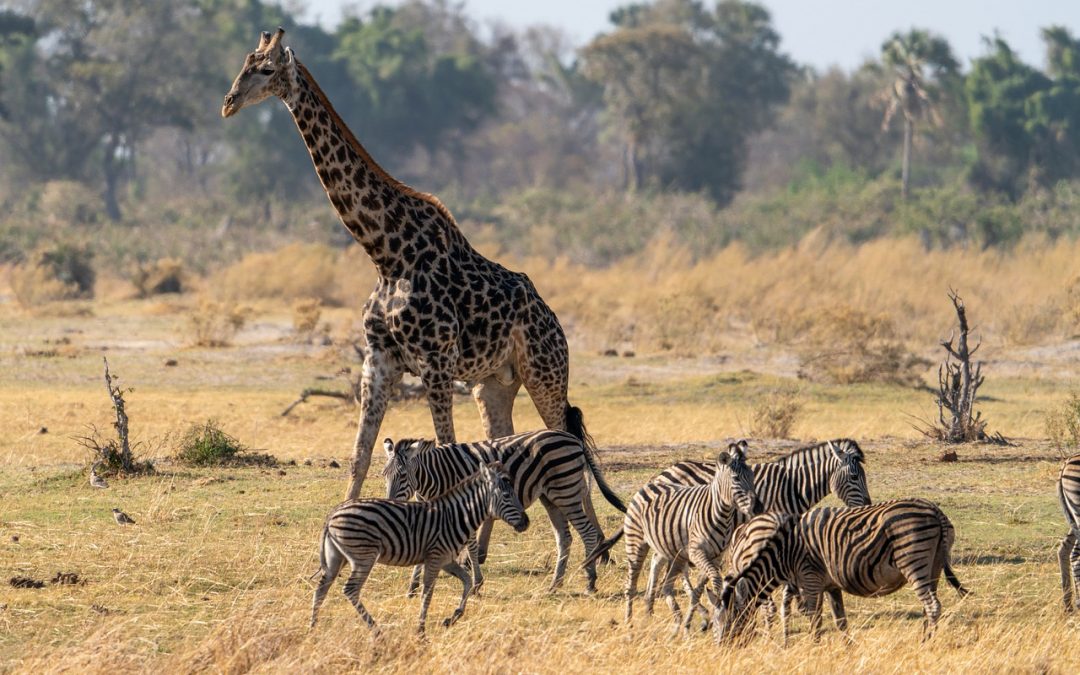Why are some species of mammals more vulnerable to cancer than others? It’s an important question since the answers may guide us to new understandings of cancer development in humans. In a careful analysis of 42 years of necropsy data from San Diego Zoo and Safari Park, Amy Boddy and her colleagues from ACE discovered that the greater the number of babies in the average litter at a species level, the more susceptible the animals are to cancer. And they confirmed Peto’s paradox, that, again at a species level, bigger, longer-lived animals do not develop more cancer than smaller, shorter-lived animals.
The research is published in the journal Evolution, Medicine, and Public Health




